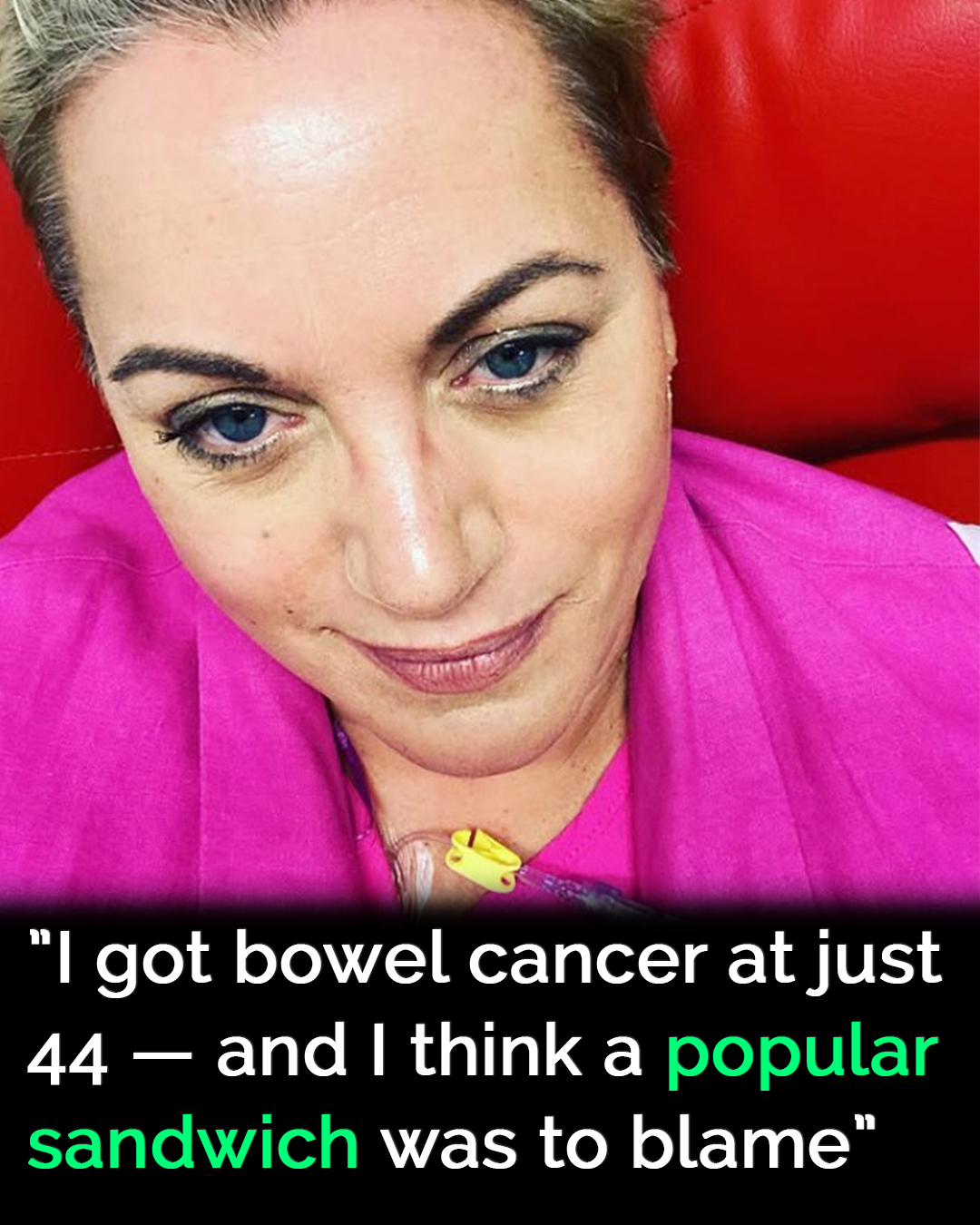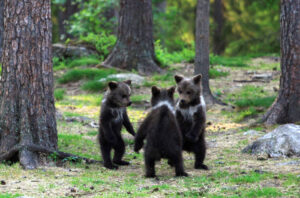Lucie Morris-Marr was once a healthy, active 44-year-old mother of two, balancing a successful career as an award-winning investigative journalist. She had just published her first book, an exposé on abuse within the Catholic Church, and was preparing for a whirlwind tour. But in 2019, everything changed when she received a devastating diagnosis: stage-four bowel cancer.
Lucie’s cancer diagnosis came after a year of increasing pain, which was initially misdiagnosed as diverticulosis. By the time she underwent a colonoscopy, the cancer had already spread to her liver, making early treatment impossible. Lucie’s life came to a halt as she grappled with the shocking news.
Despite being relatively healthy—she didn’t smoke, rarely drank alcohol, and ate a high-fiber diet—Lucie began questioning what might have caused her cancer. “I thought I’d been relatively healthy, but I wasn’t consistent,” Lucie admitted. As an investigative journalist, she wasn’t content to simply accept her diagnosis; she began looking for answers.
What she discovered horrified her.
The Link Between Processed Meat and Cancer
In her research, Lucie found a consistent link between processed meats and bowel cancer. “All that kept coming up was processed meats,” she explained. Her diet had included items like prosciutto, sausages, pepperoni pizza, ham, and bacon sandwiches—foods many of us consume without a second thought.
“I still don’t claim that processed meats caused my cancer, but it’s one of the suspects,” Lucie said, expressing her frustration with the lack of warnings about the risks associated with these foods. Lucie’s investigation revealed a shocking fact: in 2015, the World Health Organization classified processed meat as a Group 1 carcinogen, alongside tobacco and asbestos. Studies show that every 50-gram serving of processed meat (roughly two slices of bacon) increases the risk of colorectal cancer by 18%.
Despite the known risks, processed meat consumption remains high. In the U.S., while red meat consumption has decreased, processed meat intake has remained steady, making up a quarter of all red meat and poultry consumed annually.
The Sandwich That Sparked the Realization
Lucie’s wake-up call came while she was recovering in the hospital after a life-saving liver resection surgery. In intensive care, next to her bed, sat a sandwich: white bread and cheap ham wrapped in plastic. Shocked, Lucie realized that the sandwich, like so many others in hospitals and school canteens, contained processed meat—the very thing linked to her cancer.
She immediately asked to speak with the catering manager, asking if he was aware of the World Health Organization’s findings on processed meat. He wasn’t. “I told him, ‘that’s why I’m here,'” she recalled, highlighting the irony of the situation.
Turning Pain Into Purpose
Now cancer-free, Lucie has channeled her experience into writing a book, Processed, where she shares her personal story, the science behind the risks of processed meat, and what everyone should know about the food they consume. “I’m not a nutritionist. It’s not my place to tell people what to eat,” she says. “I just want people to be informed and then make their own decisions.”
Lucie has since swapped deli meats for healthier options like organic chicken, cheese, and halloumi. “It just works really well,” she says of her new eating habits. But despite her changes, she’ll never forget the moment when her favorite sandwich—something so common and thoughtless—became a symbol of her survival.
Lucie’s story serves as a reminder that being informed about the foods we consume can make a huge difference. Her message is not about inducing fear but empowering people to make healthier choices for themselves. “It’s your body, your rules,” she concludes. “Just be informed.”
If you or someone you know needs support, please reach out to your healthcare provider or a cancer support group.




